After me, the flood
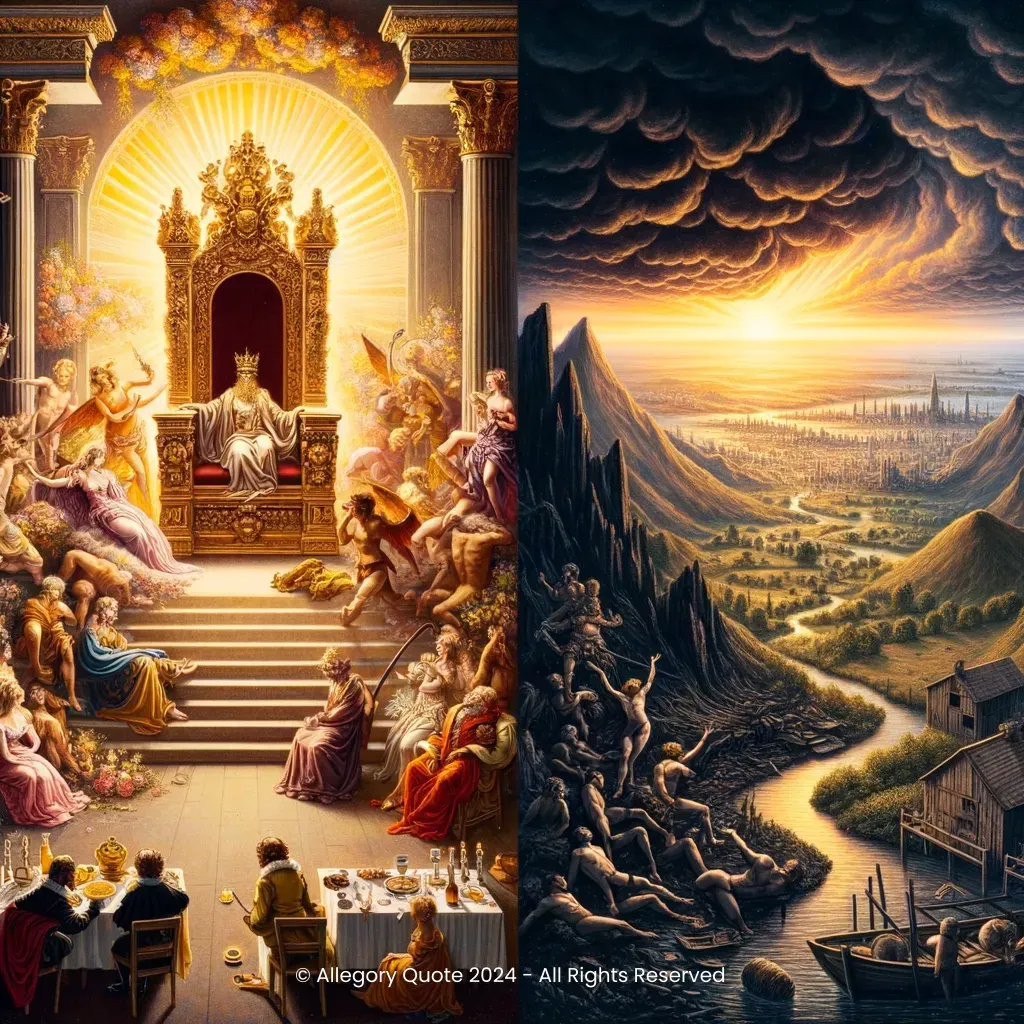
0
0
0
0
- Meaning
- This phrase literally means that everything could collapse after the speaker's departure. It reflects a form of nihilism or indifference about the future consequences of present actions, particularly those involved in governing a state. More broadly, it highlights a selfish and short-term perspective regarding the future of others and the world.
- Allegory
- The elements of the image include the throne symbolizing royal power and the golden lights representing temporary glory and present-day selfishness. The feast and its courtiers highlight carelessness and indulgence, while the flood in the background evokes the neglected and destructive consequences of this attitude. The visual contrast between these elements reinforces the deep meaning of the quote and its message about the importance of foresight and responsibility. The use of light and shadow in the image illustrates short-termism versus long-term perspective.
- Applicability
- This phrase can be applied to various situations, especially when a person or organization makes decisions without considering the long-term effects. For example, a corporate leader who maximizes short-term profits at the expense of the company's future viability could illustrate this mentality. It serves as a powerful reminder of the importance of long-term responsibility in decision-making.
- Impact
- This phrase has had significant cultural impact, often cited in discussions about individual responsibility and governance. It has become a symbol of the reckless attitude of some leaders. It is frequently used in political contexts to criticize those who ignore the future repercussions of their actions.
- Historical Context
- Louis XV reigned from 1715 to 1774. It is likely that this phrase was said in response to the growing difficulties France faced at the end of his reign, including major financial and social problems that preceded the unrest leading to the French Revolution.
- Criticisms
- The phrase has been criticized as representative of the irresponsible and selfish attitude of some authoritarian leaders. Some historians still debate the exact veracity of this attribution and its original meaning.
- Variations
- A variation of the quote exists in different cultures, often adapted in the context of governance or irresponsible leadership.
-
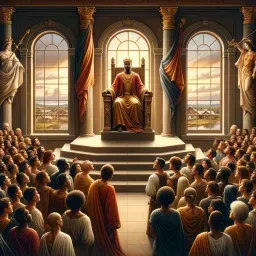
It is better to be feared than loved, if you cannot be both.
-
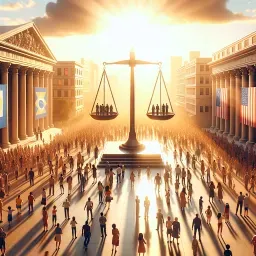
When the government fears the people, there is liberty. When the people fear the government, there is tyranny.
-

The bad news is time flies. The good news is you're the pilot.
-
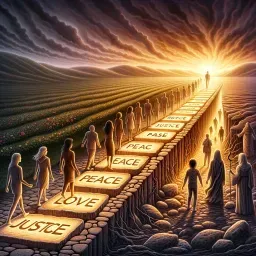
The road to hell is paved with good intentions.
-
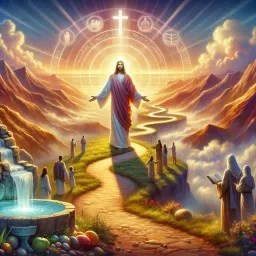
I am the way, the truth, and the life; no one comes to the Father except through me.
-

Living is not necessary, navigating is.
-

A man who doesn't spend time with his family can never be a real man.
-

Life is the sum of all your choices.
-

Revenge is a dish best served cold.
-

Man is condemned to be free; because once thrown into the world, he is responsible for everything he does.
-

I have not yet begun to fight!
No Comments